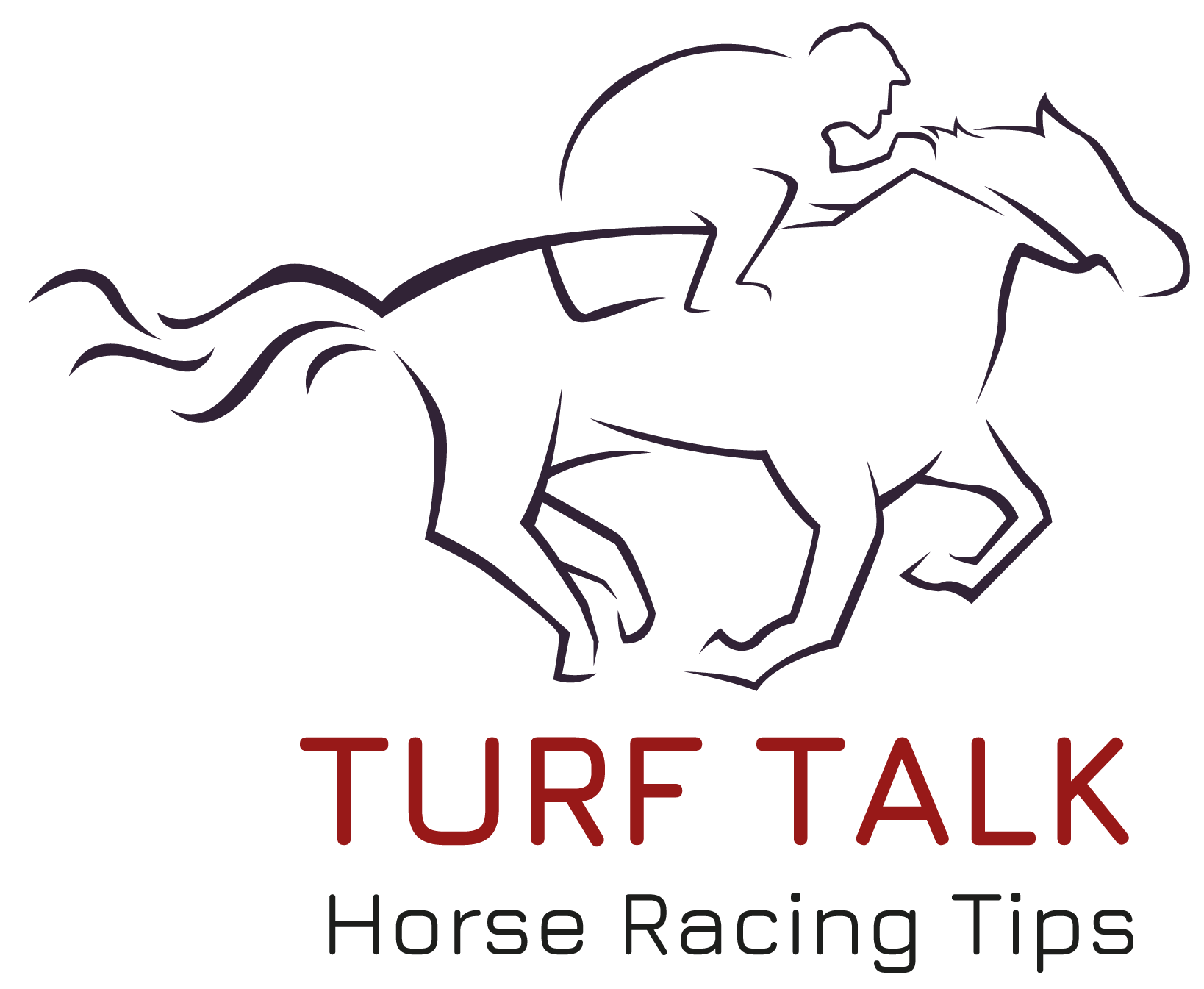If you are new to horse racing betting then our betting guide will help you to understand the most popular types of bets available to you. After the name of each bet type we will provide an example to help further enhance your understanding. Also at the bottom of the page, after the different types of bets have been explained we have provided a Glossary of Horse Racing terms, which will also help you out if you are new to the sport. We also believe that in this day and age of gambling, there is no better place for your best value bets than Betfair or Bet 365. Why not sign up for a Betfair or Bet 365 account today, so you can get the best value on your bets. Click on the banner below to sign up immediately. We highly recommend it!
Win Bet
The most straightforward and popular type of bet. The selection has to win in order for you to be collecting any winnings.
Example Bet:
£10 win Ornais 14:15 Newbury – Ornais wins at 3/1.
Bet Returns £40 – £10 x 3 + £10 stake – Total return is £40.
Each Way Bet
An each way bet consists of two bets in one. The win and the place. So, as long as your selection is placed, you will get a return. An even bigger return will be coming your way if it wins. You cannot place an each way bet if there are 4 runners or less in a race. 5-7 runners in a race, your bet will only pay out on 1st and 2nd places. 8 runners and above will pay out on the first 3 horses home in any type of race. 16 runners or more in Handicaps only will pay out on the first 4 horses. Be careful here. If you place an each way bet in a 20 runner race that is not a handicap race, then you will only be paid on the first 3 horses.
Example Bet:£10 each way Tamarinbleu 14:40 Cheltenham. Tamarinbleu wins at 20/1. The Each Way terms on the race are 1/4 the odds 1st, 2nd and 3rd.
Bet Returns £210 for the win part of the bet £10 x 20 + £10 stake = £210
Bet Returns £60 for the place part of the bet £10 x 20/4 = £60
Total Return for this bet is £270
If Tamarinbleu had come 2nd or 3rd the return would just have been £60
Multiple Bets
There are a variety of multiple bets available. Multiple bets are a combination of selections that multiply as each one wins. These can be very difficult bets to land but because of this the possible returns can be large if all are successful. Multiple bets can also be placed as Each Way multiple bets. Below you will find examples of the the most popular types of multiple bets.
Double: This is a combination of two selections. Can be placed as win or each way
Example Bet: £10 win double Horse A and Horse B. Horse A wins at 2/1 and Horse B wins at 3/1. Bet Returns £120 – £10 x 2 + £10 = £30 x 3 = £90 + £30 = £120
Treble: This is a combination of three selections. Can be placed as win or each way
Would follow on from a double. So the winnings from Horse A and Horse B would then go on to Horse C.
Example Bet: Horse C is 2/1. So £120 winnings from the double would go on Horse C at 2/1. Bet Returns £360 – £120 x 2 + £120 stake = £360
Accumulator: This is a combination of four or more selections. Exactly the same would apply to this bet. So the winnings from the treble would then run onto the fourth selection.
Patent: This bet consists of 3 selections. The bet then comprises of the following 7 bets; 3 x Singles 3 x Doubles and 1 x Treble.
Yankee: This bet consists of 4 selections. The bet then comprises of the following 11 bets; 6 x Doubles, 4 x Trebles and 1 x Fourfold accumulator.
Lucky 15: This is the same as a Yankee but there are also 4 x Singles as an added bonus. So there is a total of 15 bets in a Lucky 15.
Computer Straight Forecast
This is a horse racing bet where you have to select the first and second in the correct order. You can place a reverse forecast, whereby you effectively place two bets, so the horses can finish 1st and 2nd in either order.
Tricast
Like the above computer straight forecast but you must select the first three home in the correct order.
Tote Placepot
This a bet where a horse must be selected to be placed in each of the 1st six races of a particular horse race meeting. You can select as many horses as you like in each race, but the more you select, the more costly the bet becomes. For example. If you were to select two horses in each race that would be a combination of 64 bets. So if your stake was £1 then this would cost £64. If you had only selected 1 horse in each race the bet would only cost you £1.
Tote Jackpot
Exactly the same format as the Placepot bet but instead of the horses needing to just be placed, you must select the winner of every race. A very hard bet to crack. If you do then the rewards can be great.
Tote Scoop Six
This is a special Saturday only bet where you have to select the winner of the day’s main races that have been selected by the Tote. There is also a place dividend.
Glossary Of Horse Racing Terms
Ante Post
Early odds offered by bookmakers before the day of the race. Usually only really applies to big races of major sporting events.
Apprentice
A young jockey who has not won more than 95 races in his or her career under racing rules. Apprentice jockeys may “claim”, which means they are allowed to ride at a few pounds lighter than the handicapper has allotted their intended mount. The amount of weight that they are allowed to claim depends on the number of winners they have ridden.
Blinkers
An aid to help horses concentrate whilst racing. They fit over the horses head and have cups around the eyepieces which prevent the horse from seeing behind him and in effect almost gives tunnel vision, so they concentrate on what is in front of them.
Card
This term is the abbreviation for racecard. A racecard is produced by the racecourse and contains all information pertaining to the raceday you are attending, including runners and riders and usually the colours.
Classic Races
The five most prestigious flat races run in England. They are The Derby, St Leger, 2000 Guineas, The Oaks and the 1000 Guineas.
Colours(Silks)
This term refers to the colours worn by the jockey in a race and must be registered by the owner with Weatherbys to avoid any duplication.
Colt
A male horse under four years old which has not been gelded.
Distance
When a racehorse wins by 30 lengths or more, it is said to have won by a distance.
Filly
A female horse that is under four years old.
First Past The Post
Some bookmakers offer a first past the post betting service, whereby, if your horse wins the race but is then disqualified, you will still be paid out as a winning bet. This usually only applies to single bets. However, something not many people know is that if you write FPP on your betting slip and your horse is disqualified from first place, you will still be paid as a winner. However, if your horse finished second and was promoted to first place you would not be collecting any winnings.
Furlong
220 yards or 201 metres. Eight furlongs make up 1 mile. Races in the United Kingdom are measured in miles and furlongs. Horse Racing in America, Australia and South Africa are generally measured in yards.
Gelding
A male horse which has been gelded(castrated). Gelding a racehorse often helps them to concentrate on their racing. Some horses would not require this and obviously once gelded a racehorse will then be unable to go to stud.
Going
This term depicts the condition of the ground on the racetrack on any given day. The track conditions can be described as follows and are listed in the order of increasing moisture within the ground: Hard, Firm, Good to Firm, Good, Good to Soft, Soft, Heavy. An all weather course will list the going as Standard.
Group Race
Highest quality flat races which are run all over the world and make up a worldwide classification system for horses.
Handicap
A race in which the handicappers assign weights to be carried by each horse according to recent or past racing form.
Length
The length from a horses nose to its tail. This is used in racing as a general measure of the winning margin in a race.
Maiden
A race for horses which haven’t won a race under rules, or a term for a type of horse eligible for these races.
On The Nod
When two or more racehorses are involved in a tight finish also known as a photo finish.
Selling Race or Seller
This is a race in which the winning horse goes up for auction at the end. Although usually run by horses that are not of high quality, and no longer wanted by their owners, the horses are often used to run in these races for gambling purposes and are often retained by the owners, either by buying them back or when nobody bids for the horse.
Short Head or Nose
The smallest distances a horse can win by in a race.
Weighing In/Weighing Out
Jockeys must sit on the racecourse scales before and after every race to verify their racing weight to the Clerk Of The Scales. It is not uncommon for a horse to be disqualified, having lost some of the weight from the saddle during racing.

